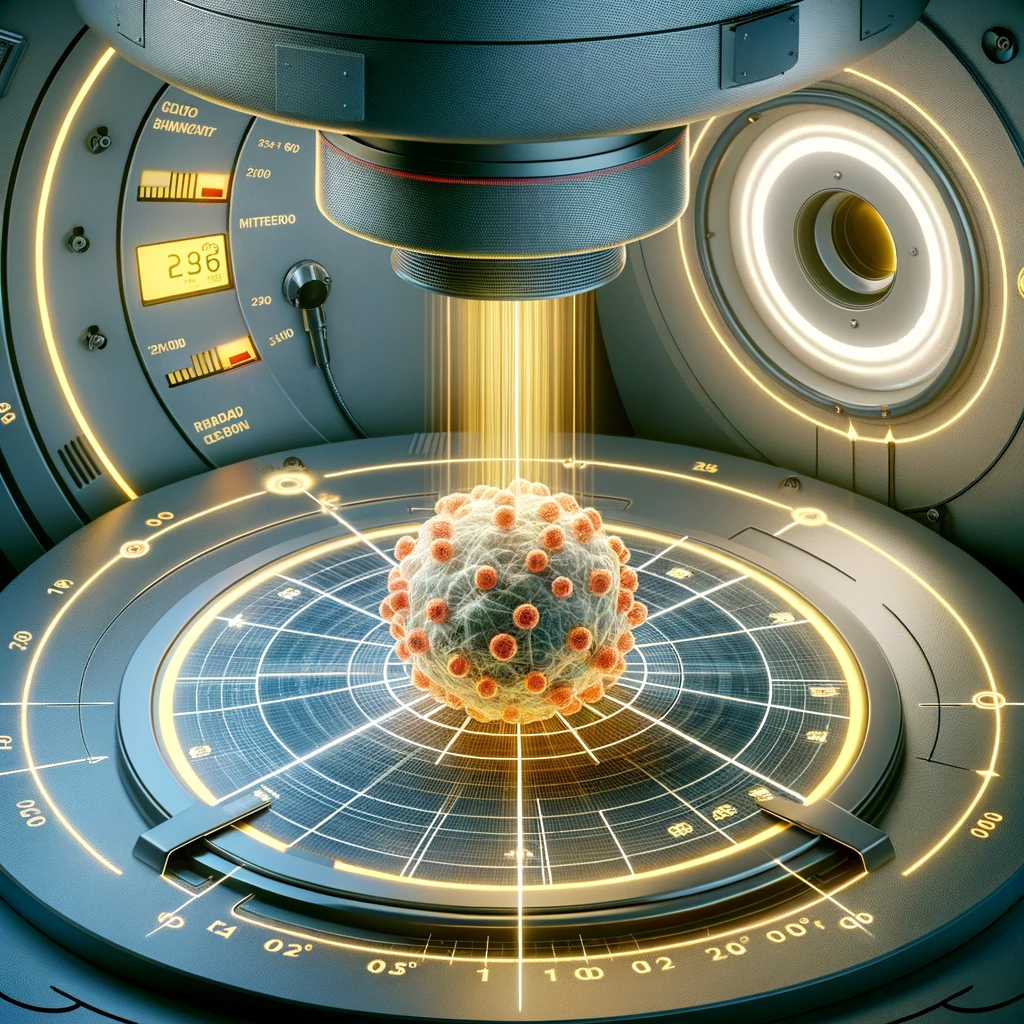
- Cancertitude
- Cancer Treatment radiation-oncology Awareness Tumor chemotherapy
Understanding the Indian Cancer Society's Role in Cancer Prevention and Management
The Indian Cancer Society (ICS) stands at the forefront of the battle against cancer in India, dedicated to awareness, prevention, and patient support since its inception in 1951 by Dr. D. J. Jussawalla and Naval Tata. This article explores the vital functions of ICS in reducing the cancer burden through various initiatives.
Cancer Awareness and Education
ICS leads robust awareness campaigns aiming to educate the public on cancer risks and the critical importance of early detection. By informing individuals about symptoms and preventive measures, these initiatives work to reduce late-stage cancer diagnoses, which are significantly harder to treat. Through events, informational resources, and community outreach, ICS enhances cancer literacy, empowering individuals to take proactive steps toward health maintenance (Indian Cancer Society) (Indian Cancer Society Bangalore).
Early Detection Programs
Early detection is pivotal in improving cancer treatment outcomes. ICS promotes screening for breast, cervical, and oral cancers, which are among the most common cancers in India. Regular screening programs, including mammography and clinical breast exams, are advocated to identify cancer early, significantly improving the chances of successful treatment. By offering screening services, particularly in underserved areas, ICS plays a crucial role in catching cancer before symptoms arise, a time when treatments are most effective (Indian Cancer Society) (Indian Cancer Society Bangalore).
Research Contributions and Data Collection
Beyond direct patient aid, ICS contributes to ongoing cancer research and maintains a comprehensive cancer registry. This registry is crucial for tracking the incidence and trends of cancer in India, facilitating better strategies for prevention, treatment, and management. By gathering and analyzing data, ICS helps shape public health policies and contributes to global cancer research efforts (Wikipedia).
Treatment of Oncology
“There are many different treatment options available for oncology cancer. You can find a cancer hospital near me; your best choice depends on your situation. However, surgery is often the first line of treatment, followed by radiation therapy and chemotherapy.“
- Cancertitude
- Cancertitude
- Cancer Treatment radiation-oncology Awareness Tumor chemotherapy
Optimizing Nutrition During Chemotherapy: A Guide to Eating Right
Navigating dietary needs during chemotherapy can be challenging. The side effects of treatment often lead to changes in appetite and taste preferences, making it crucial to focus on nutrient-dense foods that support the body's needs. This article outlines key dietary strategies to help those undergoing chemotherapy maintain their strength and health.
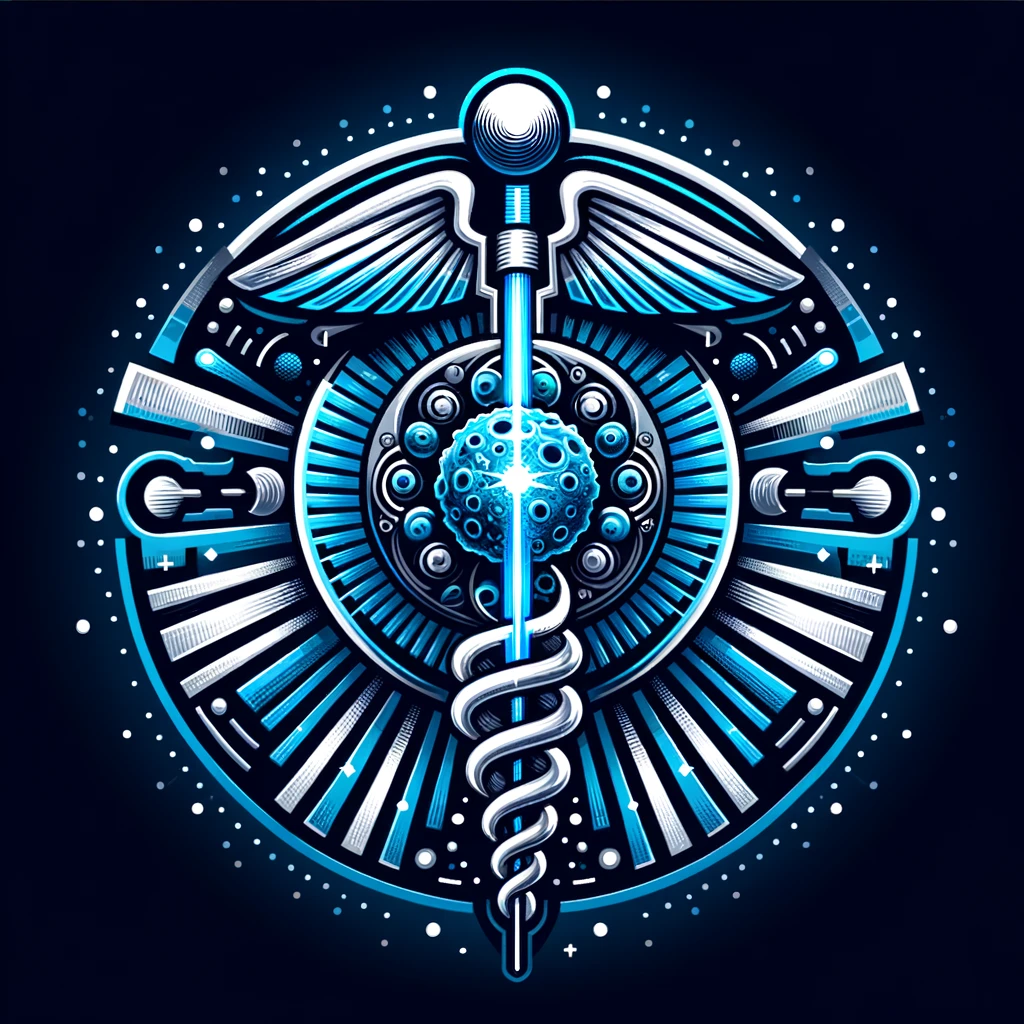
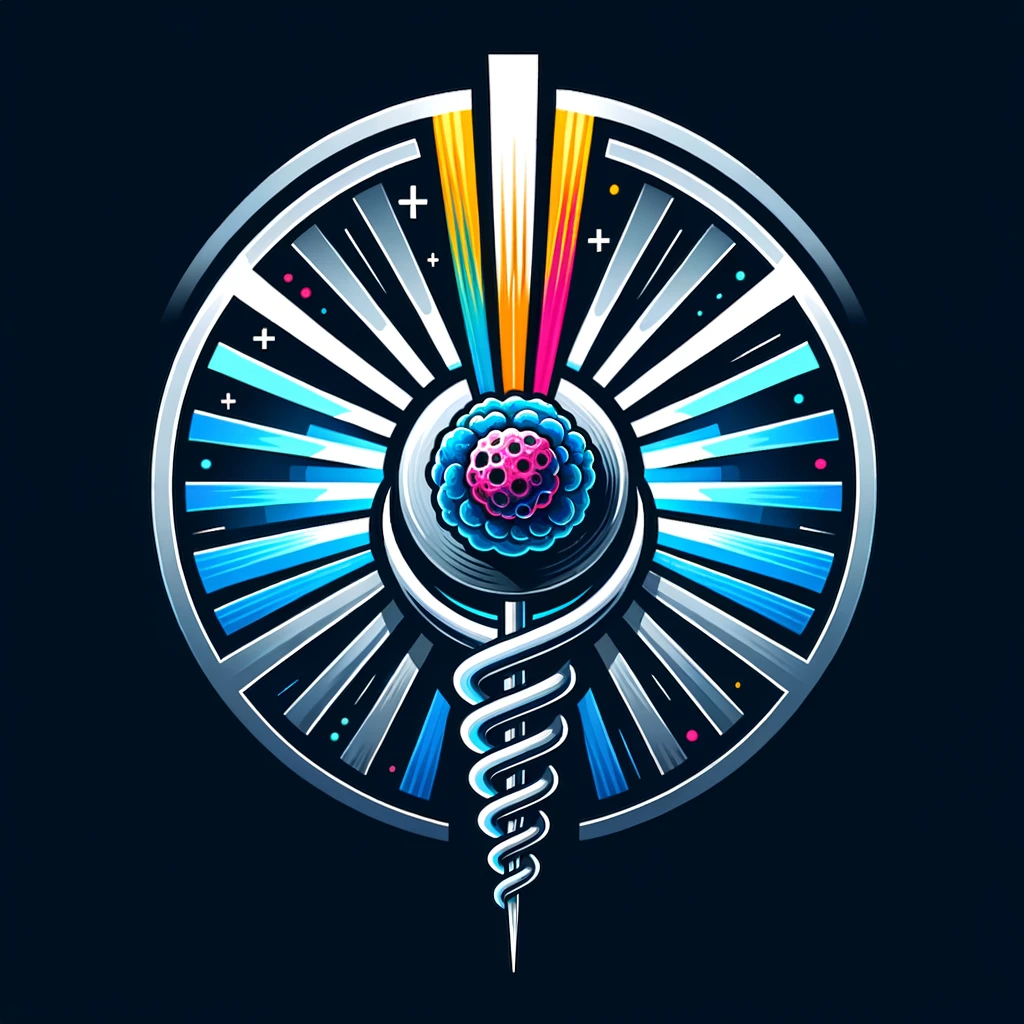
Importance of Protein in Recovery
Why Protein is Critical: Protein is essential for healing and rebuilding tissues affected by chemotherapy. Including adequate protein in the diet helps maintain muscle mass and supports the immune system.
Sources to Consider: Lean meats, eggs, dairy products, nuts, and legumes are excellent sources of high-quality protein.
Consumption Tips: Aim to include a source of protein in every meal and snack, and consider supplements if dietary intake is insufficient.
1. Managing Nausea with Proper Nutrition
Eating Strategies for Nausea: Nausea is a common side effect of chemotherapy that can make eating difficult. Eating small, frequent meals throughout the day instead of three large meals can help manage this symptom.
Foods to Include: Bland, easy-to-digest foods such as toast, crackers, and rice are often better tolerated.
Hydration is Key: Keep hydrated with clear liquids like broth, tea, and water, especially if vomiting occurs.
2. The Role of Antioxidants in Cancer Care
Benefits of Antioxidants: Antioxidants help protect the body’s cells from damage. They are important during chemotherapy to help reduce oxidative stress.
Rich Food Sources: Fruits, vegetables, nuts, and seeds are rich in antioxidants and should be a part of the daily diet.
Precaution: It's important to discuss antioxidant supplementation with a healthcare provider, as high doses may interfere with chemotherapy.
3. Dietary Adjustments for Reduced Immune Function
Importance of Safe Food Practices: Chemotherapy can weaken the immune system, making it harder to fight infections. Therefore, food safety is paramount.
Recommended Foods: Cooked fruits and vegetables, pasteurized dairy products, and thoroughly cooked meats and fish reduce the risk of foodborne illnesses.
Avoiding Risk: Stay away from raw or undercooked eggs, meats, and seafood, and unpasteurized dairy products to minimize the risk of infection.
Optimizing Nutrition During Chemotherapy: A Guide to Eating Right
Navigating dietary needs during chemotherapy can be challenging. The side effects of treatment often lead to changes in appetite and taste preferences, making it crucial to focus on nutrient-dense foods that support the body's needs. This article outlines key dietary strategies to help those undergoing chemotherapy maintain their strength and health.
1. Importance of Protein in Recovery
Why Protein is Critical: Protein is essential for healing and rebuilding tissues affected by chemotherapy. Including adequate protein in the diet helps maintain muscle mass and supports the immune system.
Sources to Consider: Lean meats, eggs, dairy products, nuts, and legumes are excellent sources of high-quality protein.
Consumption Tips: Aim to include a source of protein in every meal and snack, and consider supplements if dietary intake is insufficient.
2. Managing Nausea with Proper Nutrition
Eating Strategies for Nausea: Nausea is a common side effect of chemotherapy that can make eating difficult. Eating small, frequent meals throughout the day instead of three large meals can help manage this symptom.
Foods to Include: Bland, easy-to-digest foods such as toast, crackers, and rice are often better tolerated.
Hydration is Key: Keep hydrated with clear liquids like broth, tea, and water, especially if vomiting occurs.


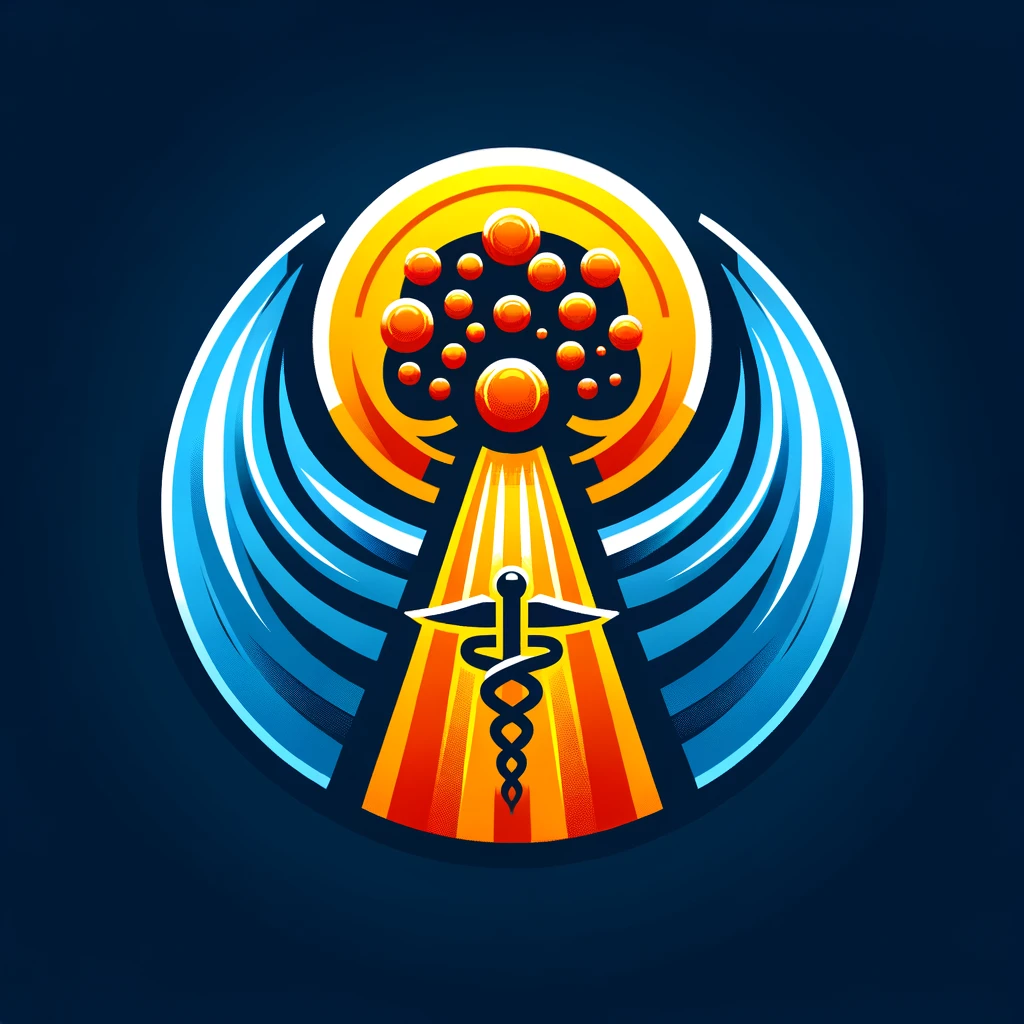
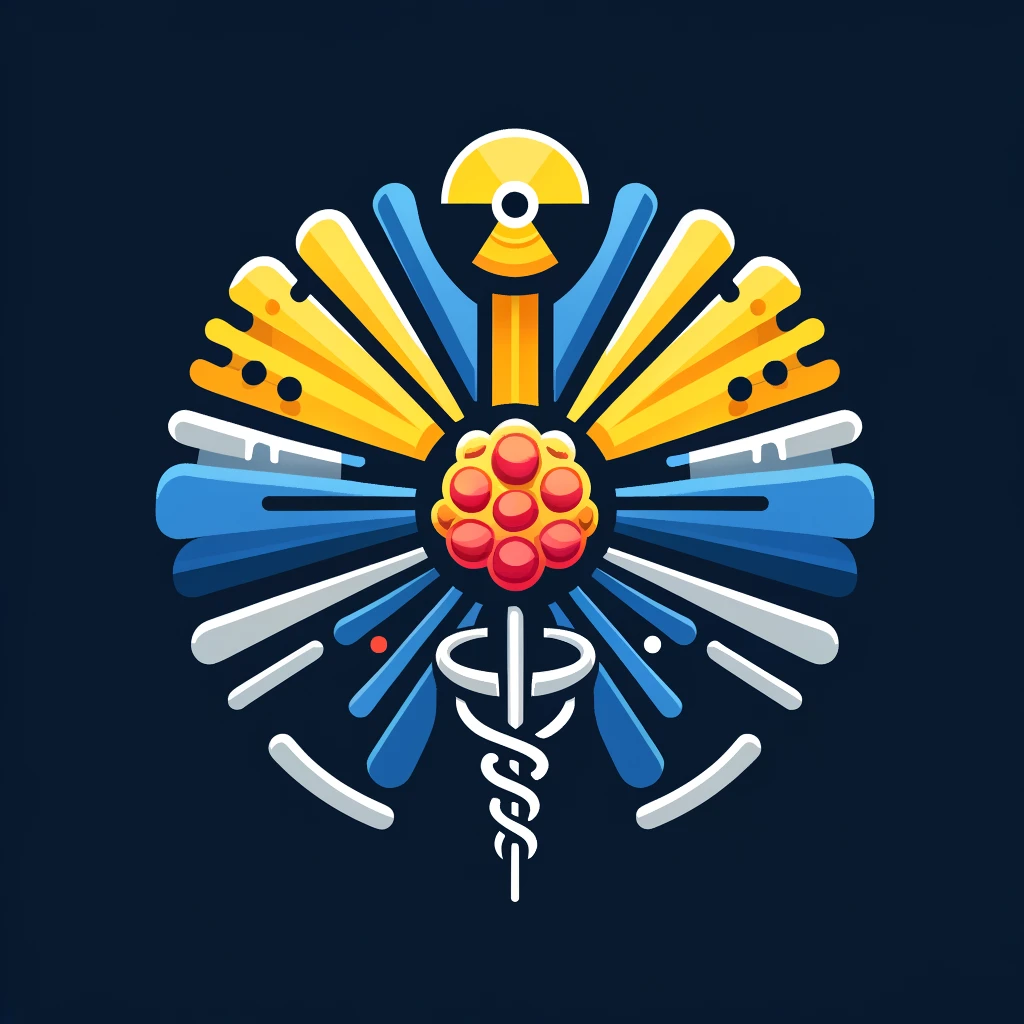

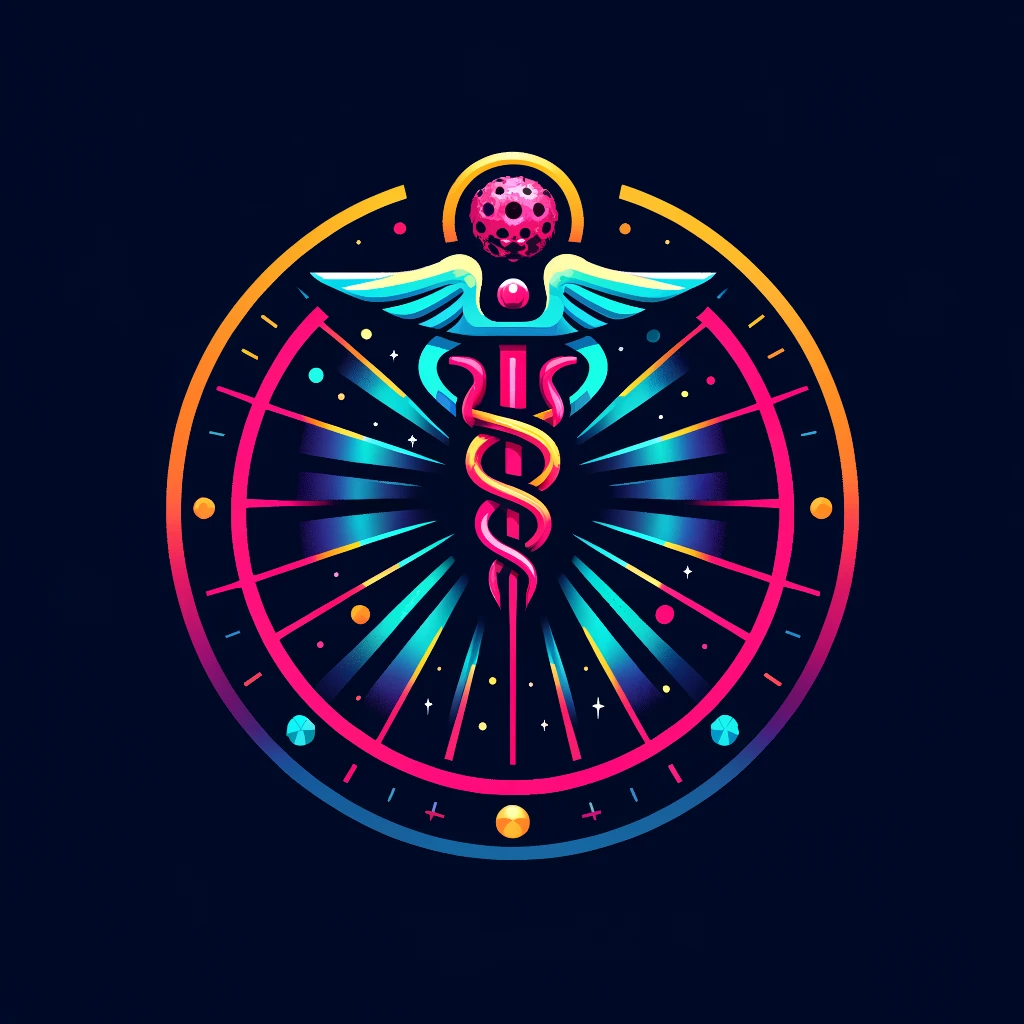
Leave a Reply